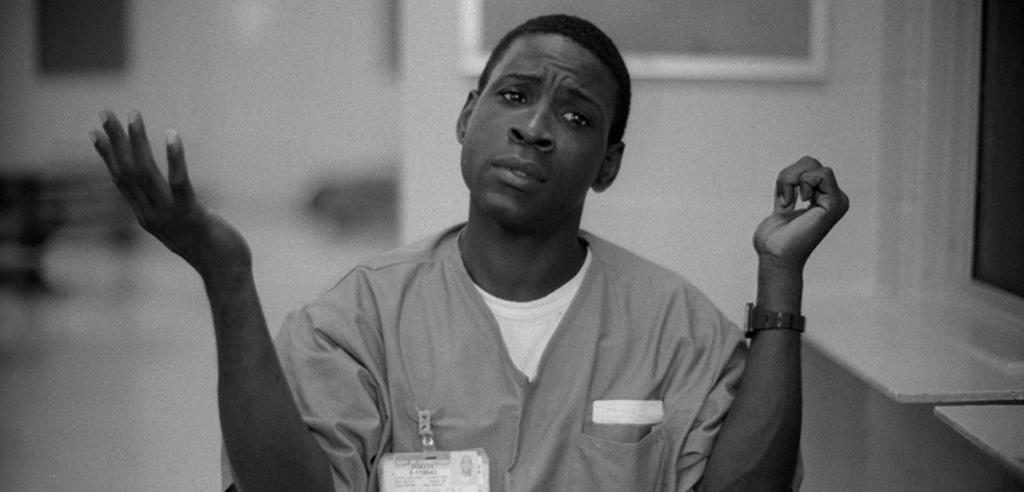Graham v. Florida
On May 17, 2010, the U.S. Supreme Court ruled that life-without-parole sentences for juveniles convicted of nonhomicide offenses are unconstitutional.

On May 17, 2010, the U.S. Supreme Court issued an historic ruling in Graham v. Florida that holds life without parole sentences for juveniles convicted of nonhomicide offenses unconstitutional. The decision entitled Terrance Graham, sentenced to die in prison at 17, and dozens of others to relief, including Joe Sullivan, whose case also was argued on this issue.
In his majority opinion, Justice Anthony Kennedy explained a categorical rule barring life imprisonment without parole sentences “gives all juvenile nonhomicide offenders a chance to demonstrate maturity and reform. The juvenile should not be deprived of the opportunity to achieve maturity of judgment and self-recognition of human worth and potential.”
Discussing Graham’s case, the majority wrote, “[t]he State has denied him any chance to later demonstrate that he is fit to rejoin society based solely on a nonhomicide crime that he committed while he was a child in the eyes of the law. This the Eighth Amendment does not permit.”
“This is a significant victory for children. The Court recognized that it is cruel to pass a final judgment on children, who have an enormous capacity for change and rehabilitation compared to adults,” said Bryan Stevenson, Executive Director of the Equal Justice Initiative, who represents Joe Sullivan. “I am very encouraged by the Court’s ruling. It’s an important win not only for kids who have been condemned to die in prison but for all children who need additional protection and recognition in the criminal justice system.”
Sullivan v. Florida
Joe Sullivan is one of only two 13-year-olds in the country who were sentenced to die in prison for an offense that did not involve a killing. In 1989, Joe was a mentally disabled 13-year-old child living in a home where he was regularly subjected to physical and sexual abuse.
On the day of the crime, two older boys convinced Joe to participate in a burglary. The three boys entered an empty home and one older boy took some money and jewelry before the three left. That afternoon, the elderly homeowner was sexually assaulted in her home. She never saw her attacker.
One of the older boys, who may have been the true assailant, accused Joe of the sexual battery. Both older boys received short sentences in juvenile detention. Thirteen-year-old Joe Sullivan was charged and tried in adult court.
Joe was tried by a six-person jury in a one-day proceeding; opening statements began sometime after 9 a.m., and the jury returned its verdict at 4:55 p.m. During trial, the prosecutor and witnesses made repeated, unnecessary reference to the fact that Joe is African American and the victim is white; one witness repeatedly said the perpetrator of the assault was a “colored boy” or “a dark colored boy.”
Biological evidence collected from the victim was not presented at trial and was destroyed before it could be subjected to DNA testing. Joe’s appointed lawyer — who was later disbarred — did not object to a “voice identification” of Joe by the victim (who was blindfolded during the assault) that she had first rehearsed with the prosecutor before repeating it for the jury. Joe was convicted and sentenced to life in prison without possibility of parole. Even though Joe was the youngest person in the country sentenced to die in prison for a nonhomicide, his lawyer filed a brief on appeal saying there were no issues to challenge in his case.
Joe was sent to an adult prison when he was just 14, and he was repeatedly and brutally victimized by older inmates. He has been diagnosed with multiple sclerosis and uses a wheelchair.
EJI lawyers challenged Joe’s sentence in the Florida state courts as cruel and unusual punishment, but his petition was denied. The Supreme Court’s decision invalidating life imprisonment without parole sentences for juveniles convicted of nonhomicides entitled Joe to a new sentence.
Terrance Graham was sentenced to die in prison for a nonhomicide offense at 17.
Terrance Graham
Terrance Graham was 16 when he and a co-defendant tried to rob a store and the co-defendant hit the store manager with a pipe. Terrance was charged with armed burglary and attempted armed robbery. He had no prior criminal record and, in exchange for a guilty plea, was sentenced to three years probation.
At 17, Terrance was accused of committing a home invasion robbery with two 20-year-old men. He denied involvement in the crime but admitted he’d violated probation by missing his curfew. No jury trial was held; the trial judge found by a preponderance of the evidence (not beyond a reasonable doubt) that Terrance committed the home invasion robbery and violated his probation. The trial court sentenced Terrance to life in prison with no chance of parole for the original armed burglary charge.
Terrance’s lawyers appealed his sentence in state court, arguing that it violated the Eighth Amendment’s prohibition against cruel and unusual punishment. When the Florida courts denied relief, he appealed to the U.S. Supreme Court, arguing that his sentence to die in prison for a nonhomicide committed as a juvenile is unusual because only about seven percent of the juveniles nationwide sentenced to life without parole were sentenced for nonhomicide offenses.
Graham also challenged his life-without-parole sentence as a violation of international law. The U.S. is the only country in the world where children are sentenced to die in prison.